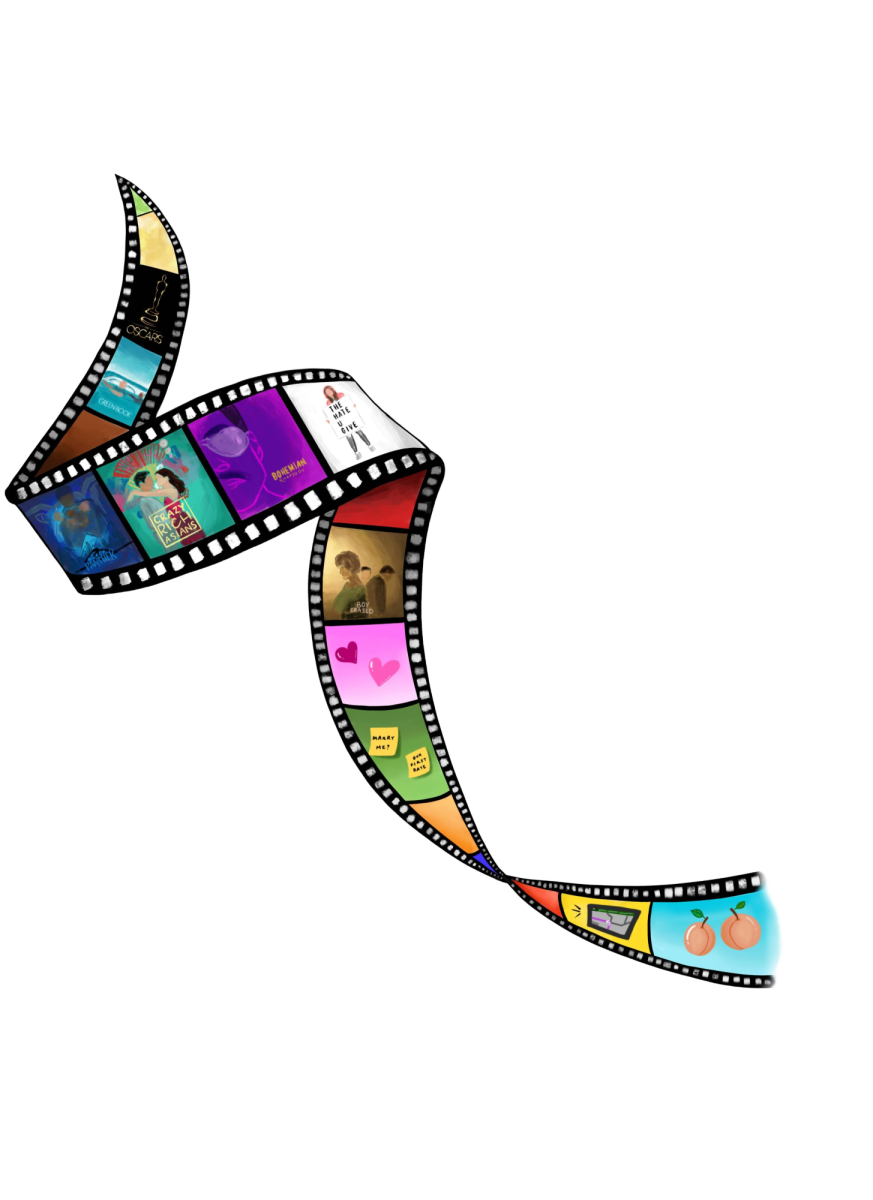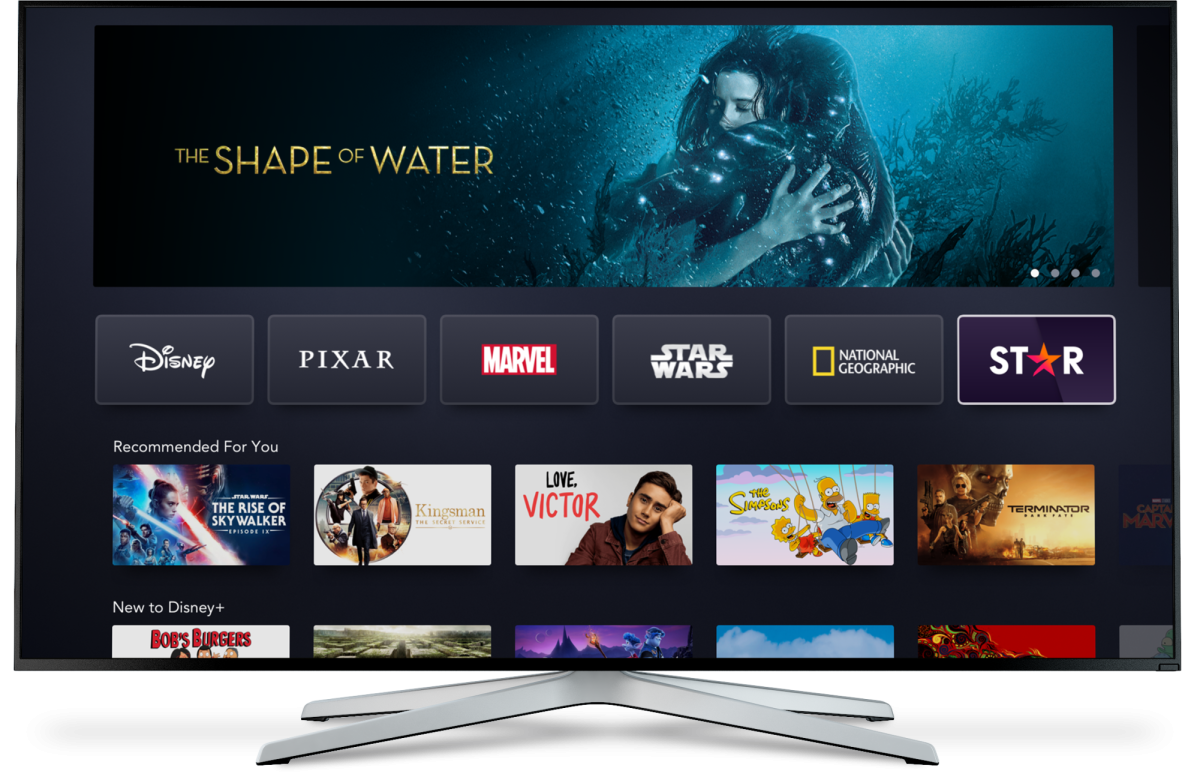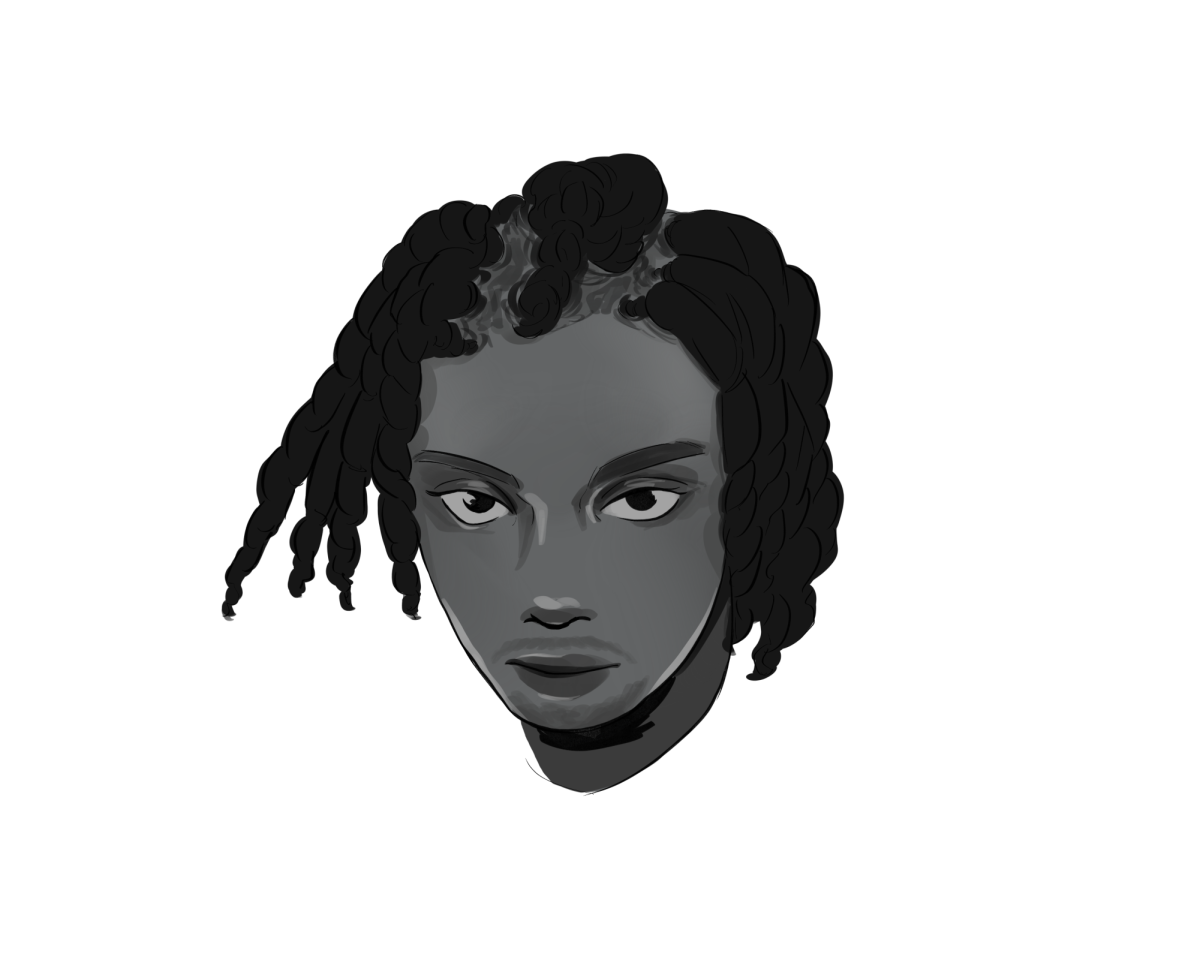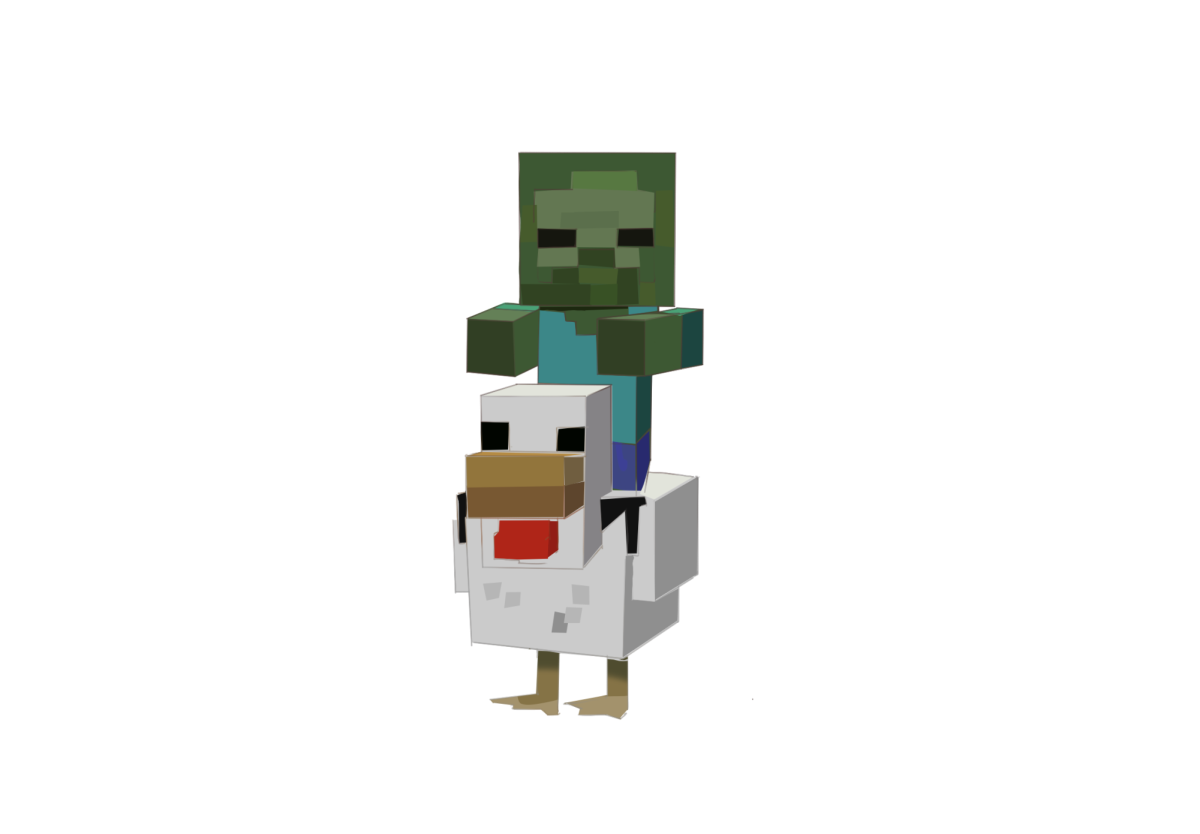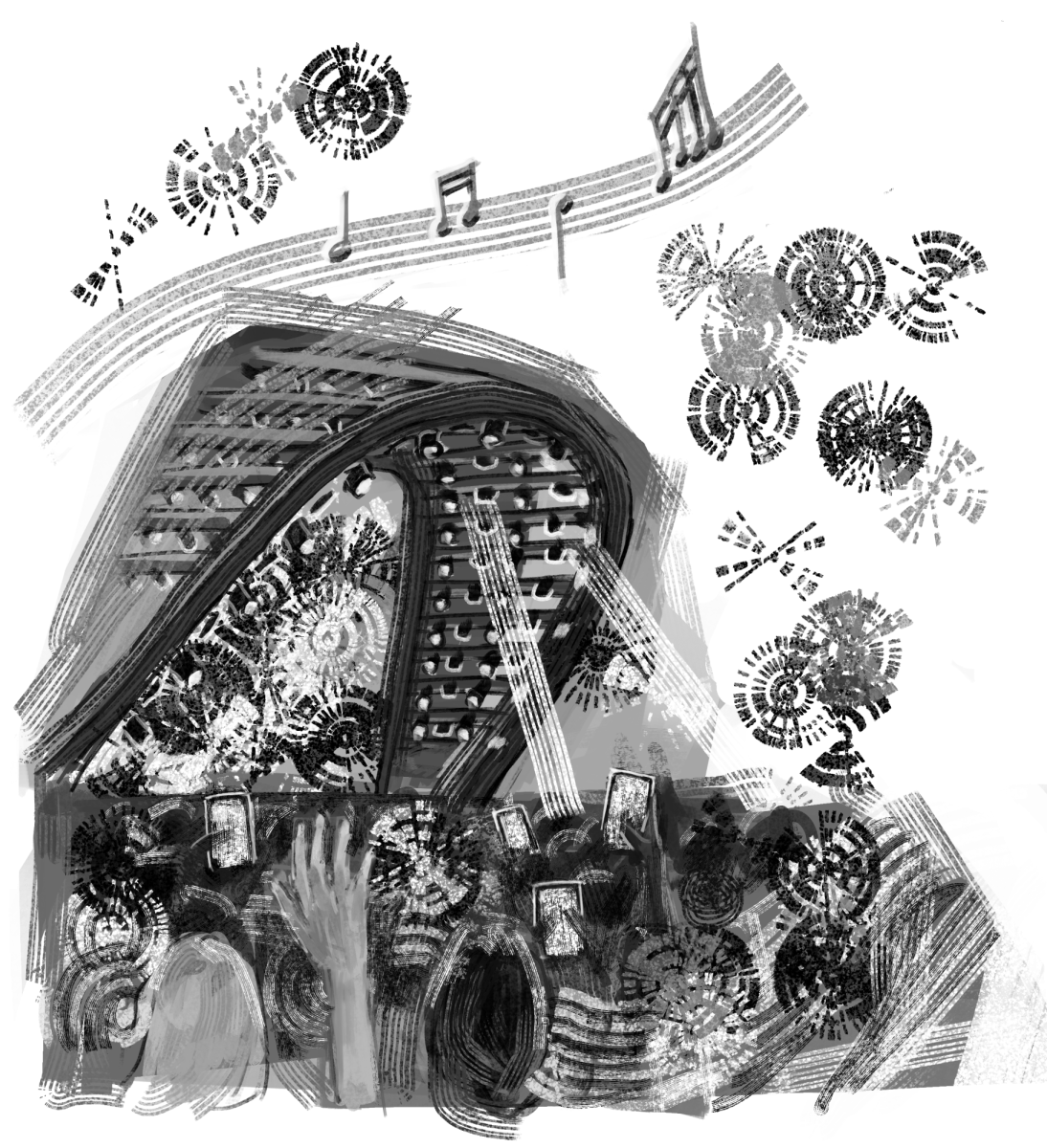Netflix’s “3 Body Problem” is science-fiction dystopian perfection. The eight-episode series was released on March 21 and eventually hit number one on the Netflix charts. The platform advertised the show as mind-bending, cerebral and imaginative. After watching the series, these descriptions proved true. “3 Body Problem” portrays vivid stories of past and present, focusing on a mystery beginning in China during the Cultural Revolution of the 1960s.
Based on the trilogy, “Remembrance of Earth’s Past ” by Liu Cixin, the series develops an intriguing story blending cultural aspects and science fiction. The journey begins at the climax of the Chinese Cultural Revolution. The story follows the story of physicist Ye Wenjie (Rosalind Chao) after she witnesses her father’s horrific murder at the hands of the communist authorities due to his radical scientific beliefs.
Wenjie becomes intertwined after her father’s homicide in a secret government mission to contact other civilizations in the universe. Her experiences explore how human actions can undergo seismic consequences, including the uprising of cult teachings.
The show then takes viewers back to the present-day UK, where a group of young scientists including Jin Cheng (Jess Hong), Auggie Salazar (Eiza González), Saul Durand (Jovan Adepo), Will Downing (Alex Sharp) and Jack Rooney (John Bradley), are grieving the loss of their friend who committed suicide. It is in this transition that viewers are left with a daunting question: was it a suicide?
After the scientists uncover a game their friend played in the weeks leading up to her death—a game that is light years away from current technology—and a string of suicides among other scientists, the group of the group goes down a rabbit hole full of sinister twists and more unanswered inquiries about humanity.
As the main characters confront a diverse range of personal and external threats and dangers, including a death countdown and a battle with cancer, they are forced to reevaluate their prior knowledge of the universe and confront their own former beliefs on the laws of terrestrial existence.
One of the show’s most significant attributes is how it connects the plot’s scientific needs while still having the cultural aspects of the show shine through. The series’ attention to interstellar details and warped chronological timeline builds the viewer’s uncertainty and adds to the allure of each episode. As the characters from both the past and the present explore the impact of ideology on individuals in society, the show provides an outlet to link the past nation, full of conformed ideals, with the present nation, full of uncertainty in what lies ahead.
Visually, the show is beyond appealing and holds its own against the complex story. The production strategically includes the main focus points in each scene, helping to mitigate the complicated timeline and point viewers in the right direction. From the chaotic opening scene in communist China to the integral futuristic technology in the show, each scene includes visual details that pull the storyline together.
Through the use of character development and new scientific creation, the show answers questions that can reflect on society today. The series alludes to recent investigations by NASA on habitable planets outside our solar system and improvements in virtual reality generative skills. While suspenseful and entertaining, the show forces audiences to confront the question, just how far is the human race willing to go in technological advancements?
My main criticism is the overall length of each episode. Each episode is one hour long, making the series time-consuming to finish. However, even with the excessive amount of time, the show fails to thoroughly explain all the questions that continue to arise throughout the show.
Overall, “3 Body Problem” shows the immeasurable power of quality writing and attention to detail in production. Through the series’ development of creative technological advancements and complex timelines, the show sets a household storyline apart from anything ever seen before on the platform.
If you would like to voice your opinion on an issue you feel is relevant to our community, please do so here. Anyone is able and welcome to submit a Letter to the Editor, regardless of journalistic experience or writing skills. Submissions may be published either online or in a print issue.




